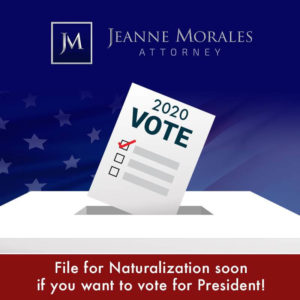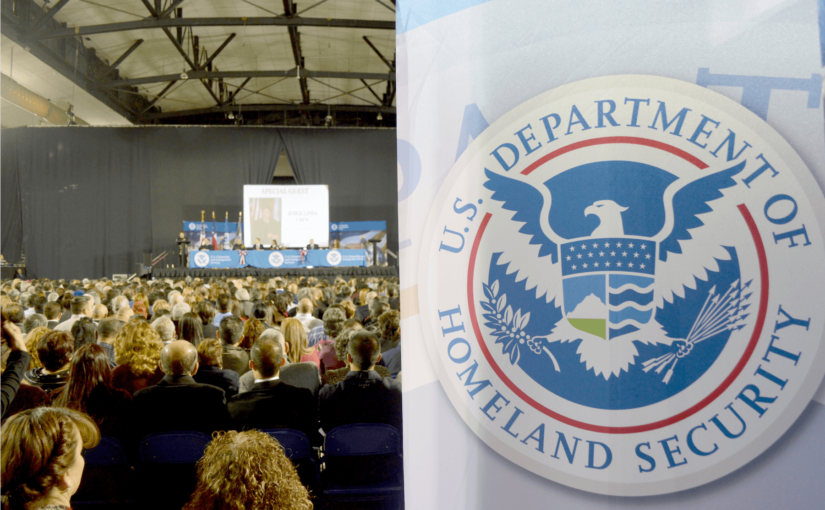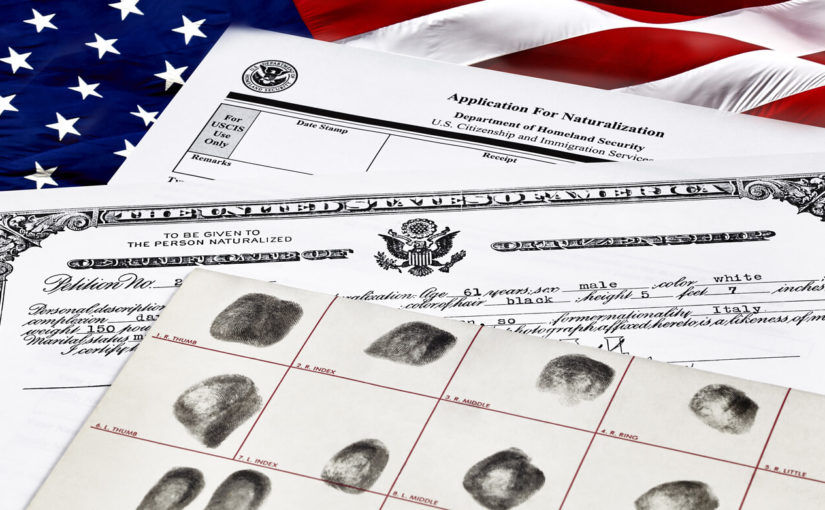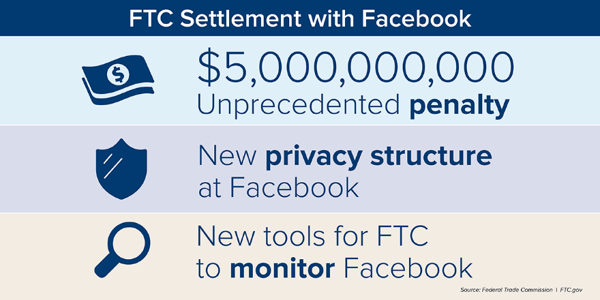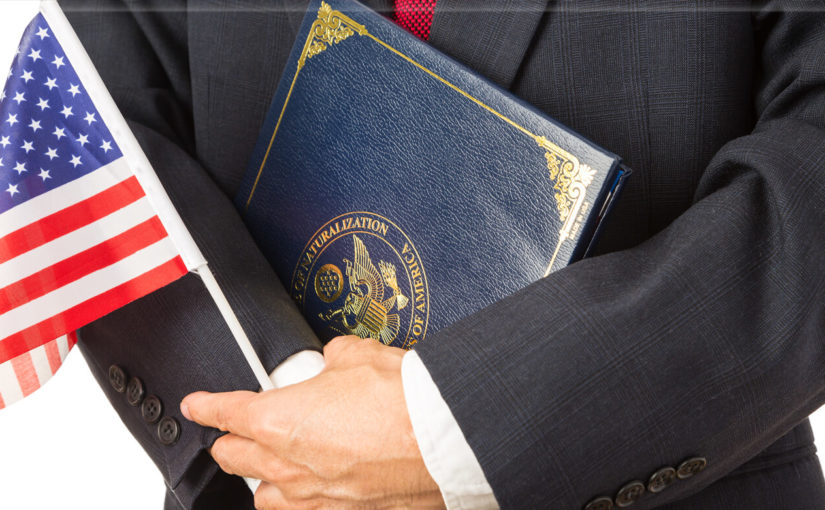WASHINGTON — Hoy, el Departamento de Seguridad Nacional de Estados Unidos (DHS, por sus siglas en inglés) anunció una regla final que define claramente la ley establecida desde hace mucho tiempo, para garantizar que los extranjeros que buscan ingresar y permanecer en Estados Unidos, ya sea temporal o permanentemente, sean autosuficientes y dependan de sus propias capacidades y los recursos de familiares, patrocinadores y organizaciones privadas, en lugar de depender de beneficios públicos.
Esta regla final modifica los reglamentos de DHS al indicar cómo DHS determinará si un extranjero es inadmisible a Estados Unidos basado en la probabilidad de convertirse en una carga pública en cualquier momento en el futuro, según lo estipulado en la Ley de Inmigración y Nacionalidad. La regla final también aborda la autoridad que tiene el Servicio de Ciudadanía e Inmigración de Estados Unidos (USCIS, por sus siglas en inglés) para permitir que un extranjero pague una fianza por concepto de carga pública en el contexto de las solicitudes de ajustes de estatus. La regla también hace que los extranjeros no inmigrantes que recibieron algunos beneficios públicos por encima de un límite específico sean generalmente inelegibles para extender su estadía y cambiar de estatus.
“Por más de cien años, la causal de inadmisibilidad por motivos de carga pública ha sido parte de las leyes de inmigración de nuestra nación. El presidente Trump ha cumplido su promesa al pueblo estadounidense de hacer cumplir la ley de inmigración establecida desde hace mucho tiempo, al definir las causales de inadmisibilidad por carga pública que han existido durante décadas”, dijo el director interino de USCIS, Ken Cuccinelli. “A lo largo de nuestra historia, la autosuficiencia ha sido un principio fundamental del sueño americano. La autosuficiencia, la laboriosidad y la perseverancia sentaron las bases de nuestra nación, y desde entonces han definido a generaciones de laboriosos inmigrantes que buscan oportunidades en Estados Unidos. Mediante la aplicación de la ley de inadmisibilidad por carga pública, promoveremos estos ideales establecidos desde hace mucho tiempo, y el éxito de los inmigrantes”.
DHS ha revisado la definición de “carga pública” para incorporar la consideración de más tipos de beneficios públicos recibidos, lo que el Departamento cree que asegurará mejor que los solicitantes que están sujetos a la causal de inadmisibilidad por carga pública sean autosuficientes. La regla define el término “carga pública” como una persona que recibe uno o más beneficios públicos designados por más de 12 meses en total, dentro de cualquier período de 36 meses (como, por ejemplo, recibir dos beneficios en un mes cuenta como dos meses). La regla define además el término “beneficio público” para incluir cualquier beneficio en efectivo para el mantenimiento de ingresos, Seguridad de Ingreso Suplementario (SSI, por sus siglas en inglés), Asistencia Temporal para Familias Necesitadas (TANF, por sus siglas en inglés), Programa de Asistencia Nutricional Suplementaria (SNAP, por sus siglas en inglés), la mayoría de los tipos de Medicaid y algunos programas de vivienda.
La regulación también excluye de la definición de beneficios públicos aquellos beneficios públicos recibidos por miembros en servicio activo o en la Reserva Lista de las Fuerzas Armadas de Estados Unidos, y sus cónyuges e hijos; los beneficios públicos recibidos por algunos adoptados internacionalmente e hijos que adquieren la ciudadanía estadounidense; los beneficios de Medicaid para extranjeros menores de 21 años de edad y mujeres embarazadas; Medicaid por servicios escolares (incluidos los servicios proporcionados bajo la Ley de Educación para Personas con Discapacidades); y los beneficios de Medicaid para servicios médicos de emergencia.
Esta regla también hace que algunos extranjeros no inmigrantes que están en Estados Unidos y recibieron beneficios públicos designados que se exceden del límite máximo, resulten inelegibles para el cambio de estatus y la extensión de la estadía si recibieron los beneficios después de obtener el estatus de no inmigrante que buscan extender o desde el cual desean cambiar.
Es importante destacar que esta regulación no aplica a los programas de inmigración basados en razones humanitarias para refugiados, solicitantes de asilo, jóvenes inmigrantes especiales (SIJ, por sus siglas en inglés), algunas víctimas de trata de personas (visa T de no inmigrante), víctimas de actividades delictivas cualificadas (visa U de no inmigrante) o víctimas de violencia doméstica (autopeticionarios VAWA), entre otros.
Esta regla explica cómo USCIS ejercerá su autoridad discrecional, en circunstancias limitadas, para ofrecerle a un extranjero que es inadmisible solo bajo la causal de carga pública la oportunidad de pagar una fianza por concepto de carga pública. La regla final fija la cantidad de la fianza mínima en $8,100; la cantidad actual de la fianza dependerá de las circunstancias individuales.
Esta regla final reemplaza la Guías Provisionales de Campo de 1999 sobre Deportabilidad e Inadmisibilidad Basadas en Causales de Carga Pública, y entra en efecto a la medianoche, hora del este, del 15 de octubre de 2019, 60 días a partir de la fecha de publicación en el Registro Federal. USCIS aplicará la regla final de inadmisibilidad por carga pública solo a las solicitudes y peticiones mataselladas (o presentadas electrónicamente, si aplica) en o después de la fecha en que entra en vigor dicha regla. Las solicitudes y peticiones que ya están pendientes con USCIS en la fecha de efectividad de la regla (por ejemplo, están mataselladas y aceptadas por USCIS) serán adjudicadas según las Guías Provisionales de 1999.
USCIS proporcionará información y detalles adicionales al público como parte del enlace con la comunidad relacionado con la implementación de esta regla. En las próximas semanas, USCIS llevará a cabo sesiones de enlace para el público y otros grupos de interés a fin de asegurar que el público entiende cuáles beneficios están incluidos en la regla de inadmisibilidad por carga pública y cuáles no lo están.
Para más información de USCIS y sus programas, visite nuestro sitio web uscis.gov/es o síganos en Twitter, Instagram, YouTube, Facebook y LinkedIn.
